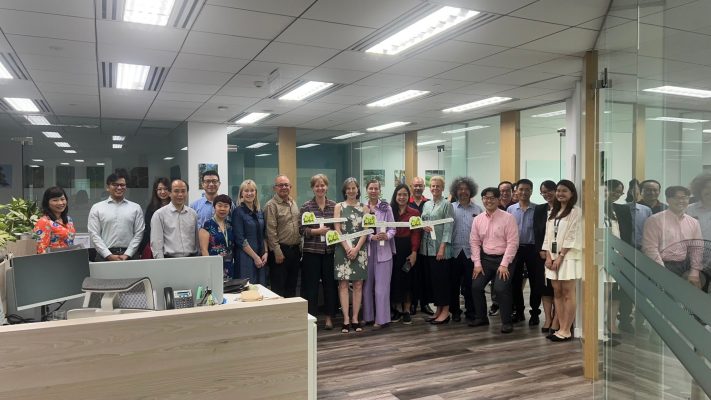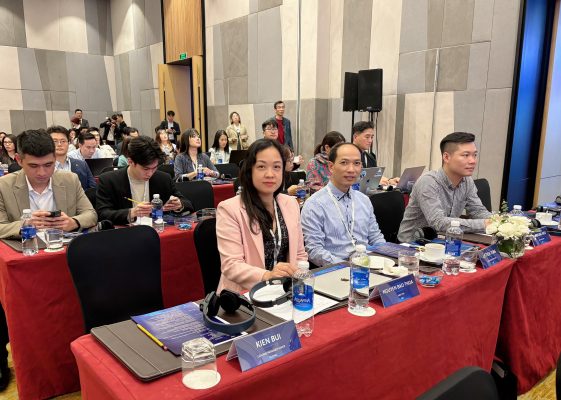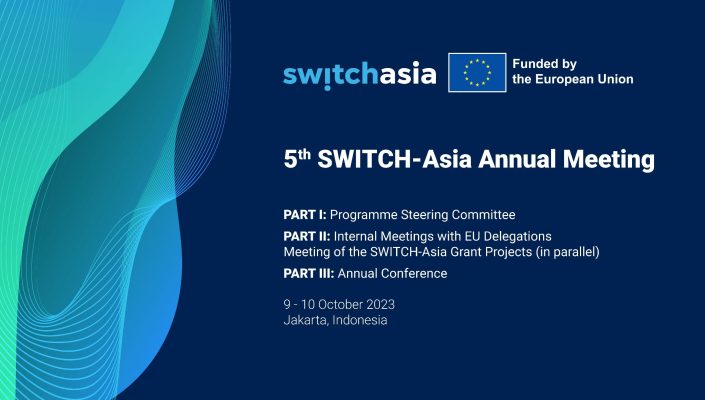Code of Conduct of customers

| It is a great honor that VIRI has a network of social responsible customers who are willing to support buying products from disadvantaged people, especially women and indigenous people. Below are codes of conduct that customers agreed for producers from Thua Thien Hue province in order to contribute to livelihood improvement and biodiversity conservation.
CODE OF CONDUCT This code of conduct is agreed by: – Shops that are selling products to support production groups / cooperatives in Thua Thien Hue province. – Production groups / cooperatives in Thua Thien Hue province. – TESSU (Business and Technical Support Unit in Hue) – Vietnam Rural Industries Research and Development Institute 1. Main functions of shops (Hubs): – Promote everyday sales at shops. A part of the sale shall be contributed to Local Forest Management Fund (This contribution shall be made by production groups / cooperatives in Thua Thien Hue province) – Join in social media campaign with TESSU. – Train employees at shopstobe skilled, motivatedand become good marketers. – Provide feedback from customers to TESSU and IGs/Cooperative through monthly meeting. – Organize performance events at shops to attract customers with the diverse contents on sustainable production of local products – Be responsible for contributing venues and payment for sale staff to join this project. Shops will get commission based on the sale revenue. – Hubswill work with the same philosophy of product promotion to preserve biodiversity and Fair Trade. 2. The contributions to the local community forest management fund The product costing includes a contribution to the Local Community Forest Management Fund. When shop sells the product, the turnover will be transferred to the cooperative/production groups, the production team will be responsible for deducting the contribution fund to the Local Community Forest Management Fund. The shop has no responsibility to contribute directly to Local Community Forest Management Fund, but all this works shall be performed by local producers / cooperatives 3. Fair Trade Principles: VIRI is an associate partner with the World Fair Trade Organization (WFTO), VIRI supports groups under the criteria of fair trade. Shops (Hubs) also agreed to cooperate with groups on the principle of fair trade with 10 principles as follows: First Principle: Creating Opportunities for Economically Disadvantaged Producers The shop supports small producers and cooperatives to increase their income and contribute to biodiversity conservation. The production groups of the project (Kazan Waterfall Community Tourism Cooperative, Bao La Bamboo and Rattan Cooperative, A Luoi Green Brocade Cooperative, A Roang Agricultural and Medicinal Cooperative) belong to localities facing economic difficulties as well as members of poor, near-poor households and ethnic minorities. Second Principle: Transparency and Accountability The shop is transparent in management and trade relations. Price is published. Payments to the group are made monthly, by the 10th of the following month. Third Principle: Fair Trading Pratices Maintaining long-term relationships based on solidarity, trust and mutual respect which contributes to the promotion and development of Fair Trade. It maintains effective communication with trading partners. The parties involved in the transaction relationship seek to increase the volume of transactions between the parties, the value and diversity of products that the production groups provides as a means of developing Fair Trade for producers to increase income. Fair Trade recognizes, promotes and protects the traditional identities and skills of small producers as shown in their craft designs, food products and other related services. Fourth Principle: Payment of a Fair Price The shop does not bargain price with cooperatives/production groups but accepts the price charged by cooperatives/production groups. The shop will make feedback to the cooperatives/production groups to know which goods sell well and the customers’ comments so that the cooperatives/production groups adjust themselves. Fifth Principle: Ensuring no Child Labor and Forced Labor The shop complies with the United Nations Convention on the Rights of the Child and national/local laws on the employment of children. The shop ensures that there is no forced labor in its workforce and/or members or home workers. Sixth Principle: Commitment to Non Discrimination, Gender Equity and Women’s Economic Empowerment, and Freedom of Association Seventh Principle: Ensuring Good Working Conditions The shop provides a safe and healthy working environment for employees and/or members of the shop Working hours and conditions for employees and/or members (and any home workers) comply with the conditions established by national and local laws and ILO conventions. Eighth Principle: Providing Capacity Building The shop develops the skills and capabilities of its own staff or members of the shop Ninth Principle: Promoting Fair Trade The shop raises awareness about the goals of Fair Trade and on the need to be fairer in world trade through Fair Trade. Tenth Principle: Respect for the Environment The sales promotion of the project cooperatives is indirectly protecting the environment, a part of the proceeds from the sales will be deducted from the Local Community Forest Management.
|





